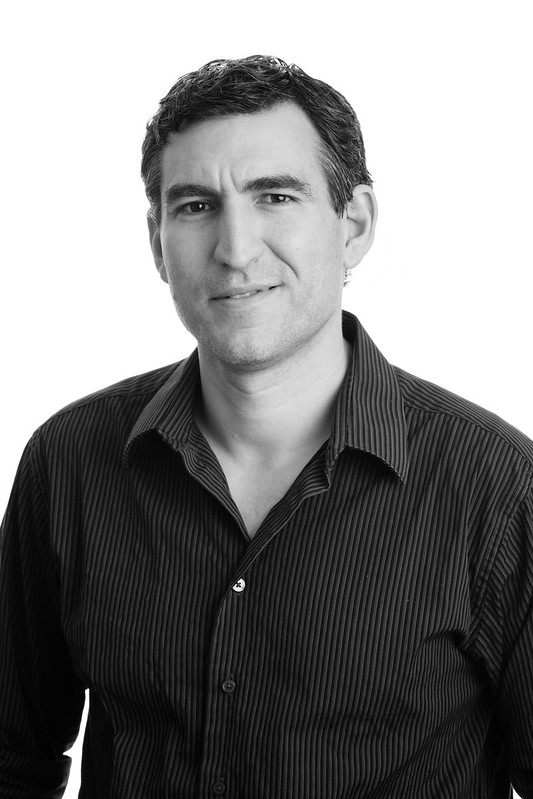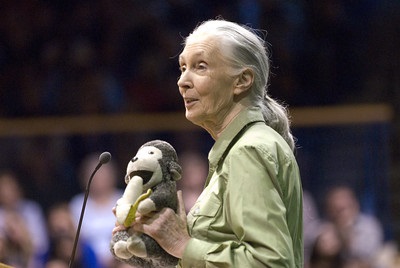Jane Goodall is now gone. Even writing those words for me feels surreal. For so long she seemed eternal. I saw her move across stages with her soft voice and steel conviction, and crisscrossing the planet to remind me that hope is not optional, it’s a duty.
I think I speak for many of us who became wildlife biologists that her life was not just a story from a textbook sidebar, or even her epic recalling of chimpanzee societies living “In the Shadow of Man. It was like a North Star we steered toward. It was proof that you didn’t need to come from the “right” school or carry the “right” degree to ask the most important questions in the world. You only needed curiosity, humility, and an endless willingness to watch and listen.
I teach at Rollins College, where lab budgets are modest and the classrooms are often buzzing with too much energy to contain, or more often “not enough.” It’s a far cry from Gombe Stream where Goodall became the greatest ally to our nearest cousins, or the volcanic slopes of Rwanda, where Dian Fossey carried out her fierce, lonely and ultimately fatal defense of the gorillas, or the splendid rainforests of Borneo, where Biruté Galdikas devoted her life to the orangutans.
But every now and then, I do get to traverse the world and find myself in remote, difficult and even dangerous locales surrounded by the life that has fascinated me for as long as I can remember, my notebook in hand, watching as new worlds unfold leaf by leaf. More often than not, you find me standing in front of my students or kneeling in a patch of dirt to record a turtle’s measurements.
Throughout all this, I can feel the trace of Goodall’s influence. I am fortunate that I get to live my own version of the dream because she made it possible for people like me to believe we had a place in the story of science.
Goodall, Fossey and Galdikas, the “Trimates,” changed everything. They broke open the doors of primatology not with ego but with stubborn attention, with empathy radical enough to see animals as kin. Goodall’s discovery that chimpanzees used tools wasn’t just a scientific milestone; it was an act of cultural subversion. It told us the line we had drawn between ourselves and the rest of life was thinner, shakier and maybe even imaginary.
What made Goodall different, though, was her insistence that compassion belongs in science. To really conserve animals, you must care about the communities that live beside them. That hope, even when it feels naive, is the most practical survival strategy we have. In today’s world, fractured by politics, where conservation can be twisted into culture wars or brushed aside by short-term profits those lessons sting with urgency.

Scott Cook
Bobby Fokidis is an associate professor of biology at Rollins College.
As a biologist, I find myself asking: what does it mean to honor her now? Not in grand speeches or bronze statues, but in the work. It means showing up for your students even when you’re tired. It means fighting for a patch of forest, a creek, a turtle nesting site, even if you know it won’t make the news. It means keeping a space for wonder, even when the headlines tell you everything is burning.
Jane Goodall taught us to watch and listen, not just to chimpanzees drumming on tree trunks or calling across the canopy, but to each other whether you appreciate their views or not, to the earth, to that voice inside that tells us cynicism is too easy. I may only be a modest college biologist, but her life gave me the courage to see that my small acts can matter too.
In losing her, we don’t lose hope. We inherit it.
Bobby Fokidis is a professor of biology at Rollins College.

